Is private sector labor law reform the most futile project of the last seventy-five years? Despite the desperate need for a functioning labor system, it’s at least in the running for the title.
The anti-climax of the struggle over the Employee Free Choice Act, which President Obama promised to sign when he campaigned in 2008, suggests that might be the case. But look even further back. Progressive labor law reform did not work under Truman—or under Kennedy, Johnson, Carter or Clinton. Or Obama. It didn’t work with majorities or with super majorities. It didn’t work when it was a minor overhaul that came down to one or two votes to end a filibuster under Carter, and it didn’t work when it was a major overhaul like EFCA under Obama. (I’ll save the “what were they thinking” discussion as to how they thought unionization without a secret ballot was ever going to fly in this political climate for another time). The unions and the federations spent untold millions, well over a hundred million dollars one would have to guess, trying to get EFCA through. For naught. In retrospect, that effort may have defined the politically quixotic.
If, historically, labor law reform is near to impossible, what’s a union to do?

First, consider the Wagner Act the miracle that it is and try to do everything to save it. I realize that the national labor relations machinery is so clogged up with garbage as to be near unworkable, but at least it is extant and not a political fantasy. The Act itself is not so bad, either; it’s really the cynical interpretations of the act and the staffing of the Board that have made a mess of things. The NLRA has been “stolen,” argues Charles Morris, by a “failure to effectively enforce the Act’s protective provisions with tools presently available under existing law, a failure that has been mostly, though not entirely, the product of…dissemination of revisionist policy and the flawed appointment-process that executed that policy.” See Charles Morris, “Restoring the Policy and Meaning of the National Labor Relations Act,” Berkeley Journal of Employment and Labor, Spring 2012.
Second, and this is admittedly a rearguard tactic, consider making a person’s union affiliation a protected class under Title VII of the Civil Rights Act. The NLRA may not work, but as Tom Geoghegan has been arguing, the EEOC does work. So, if you want to promote union affiliation and protect a workers’ rights to unionize, make it a civil (individual) right against which employers cannot discriminate without fear of nasty litigation (the kind that works, not the threat of those petty NLRA fines). Collective economic rights in the United States are historically weak, but individual civil rights have a better shot. A new book makes the Title VII argument in detail: Richard Kahlenberg and Moshe Marvit, Why Labor Organizing Should be a Civil Right (2012).
Of course, another option would be to end the ridiculous Senate rules supporting the filibuster. But that, too, may be an equal contender for defining the quixotic as Harry Reid and Mitch McConnell so nicely reminded us recently



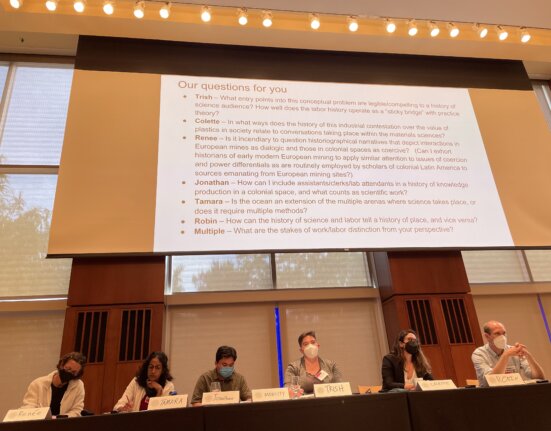
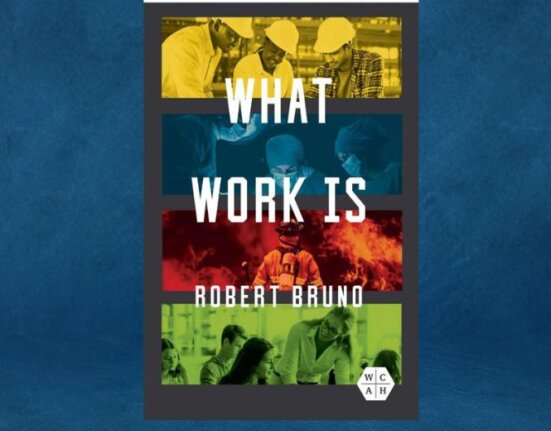
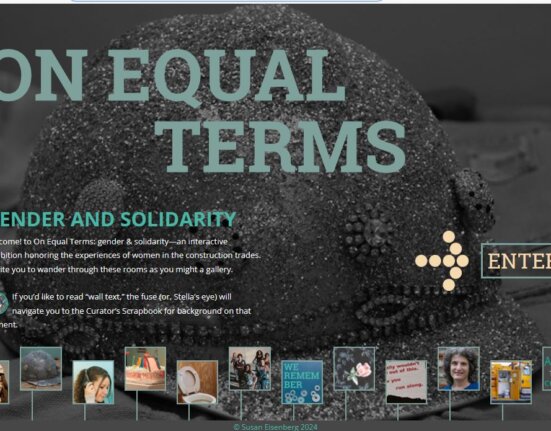
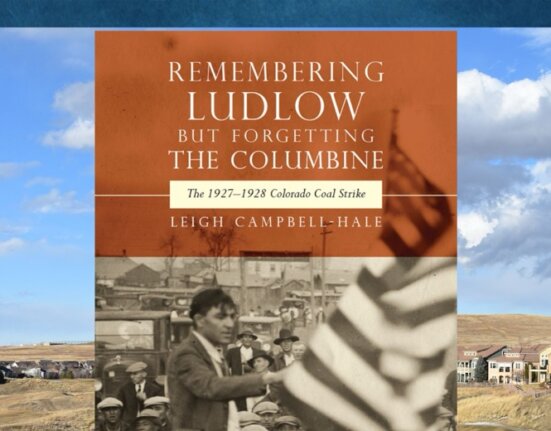
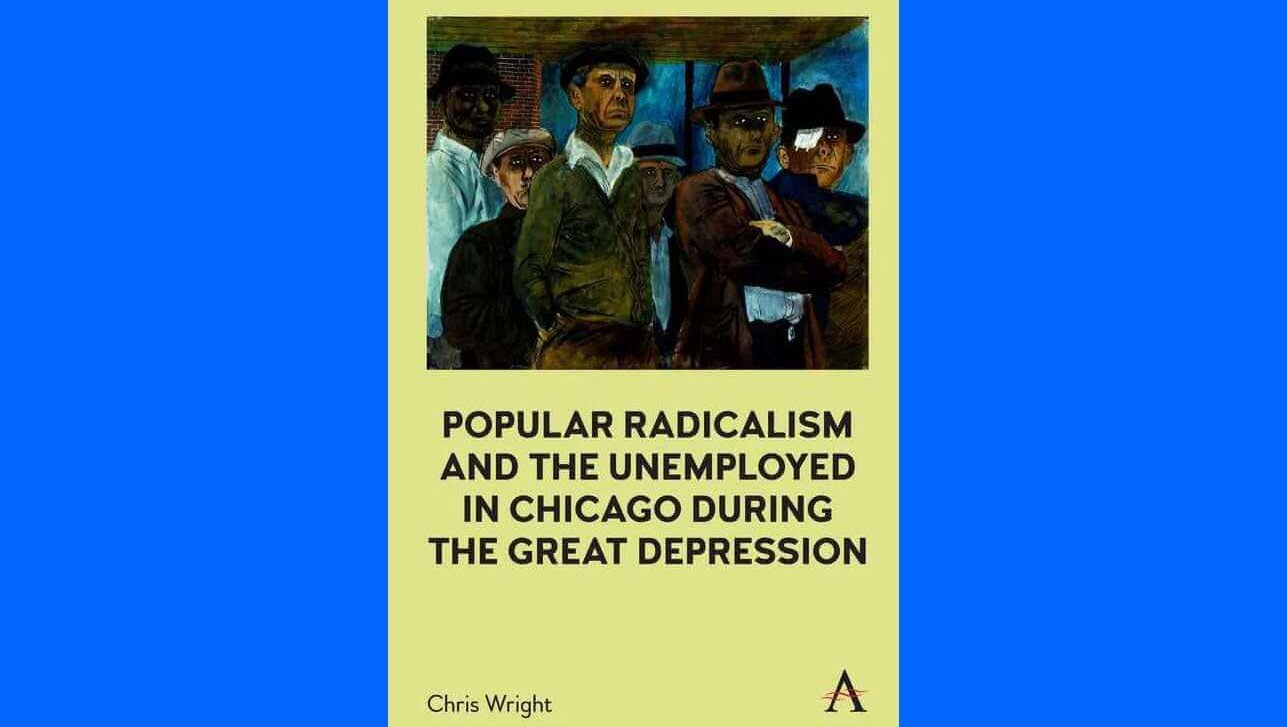
1 Comment
Comments are closed.